The Key to Success
Dampness related problems were by far the least understood ones, and for listed basements there were literally no lasting lime-based solutions. Insulating old buildings was a similarly difficult area with not too many conservation-friendly options.
Our team didn’t stop searching till satisfactory answers were found to the typical heritage building problems, ticking all the boxes of the British conservation guidelines. All roads led to Rome once again, and our initiative of introducing great lime-based solutions to the industry was well received, and acknowledged by the numerous industry awards that we won over the years.










From Waterproofing Roman Wells
to Venetian Lime Render
Generations later, Venetian artisans adapted the same process to create a water-resistant yet richly decorative lime render, giving their palazzos both beauty and resilience. In this video, Mr. Busato recreates the craft exactly as it was practised in both Roman and Venetian times.
Cocciopesto MGN – Roman humidity-regulating lime plaster
Meet the Core of the Core
Working as a team since a decade

Val
Surveyor, Head of Research

Mick
Historic Building Surveyor

Erika
Treasury

Gabriella
Web, PR&M
Our own research
To be able to understand the subject of dampness in old buildings in its fullest, and to provide better solutions to the problems, we have launched our doctorate research into the subject with The University of Strathclyde.
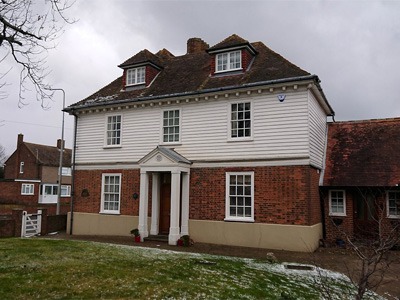

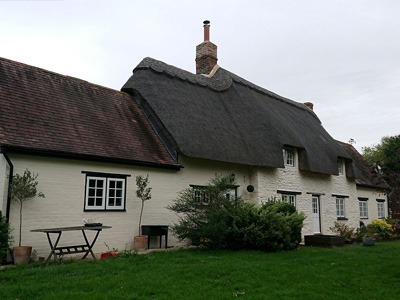
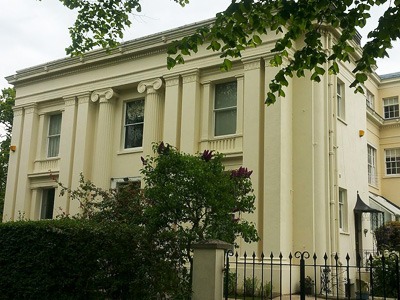
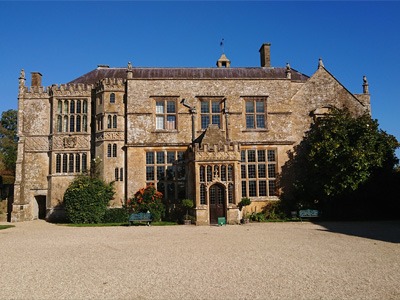
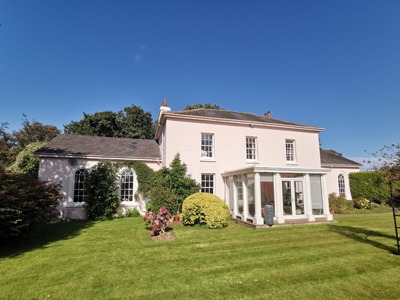
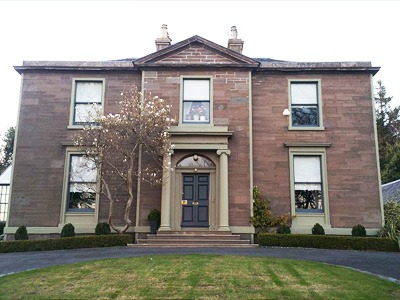
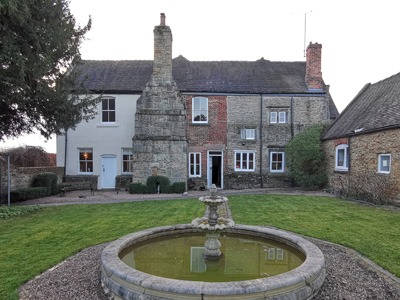
Some more projects
And here is what we learnt
Frankly, the answer is not simply ‘Use lime!’; there are two more questions to answer correctly:
Which lime product is the best for the purpose?
How to use it?
If you are not 100% certain, there is probably more to know about the subject. To prevent ending up with ugly discolourations on your beautiful, new lime plaster, or damp patches, mould or other inconvenient consequences, we would recommend getting in touch.
We are always glad to help.
Roman Lime-Based Waterproofing
Case Study
- Rinzaffo MGN – Roman breathable yet waterproof base coat
- Cocciopesto Deumidificante MGN – Roman humidity-regulating second coat
Behind the Scenes
History repeats itself
Despite of on-site efforts and laboratory testing the project wasn’t really successful till Naldo Busato, third generation building restoration master craftsman arrived with hands-on experience from the Venice World Heritage site.
He demonstrated the scientific concepts on the well preserved Roman buildings of Pompeii, which added the missing element: practical knowledge and skill.
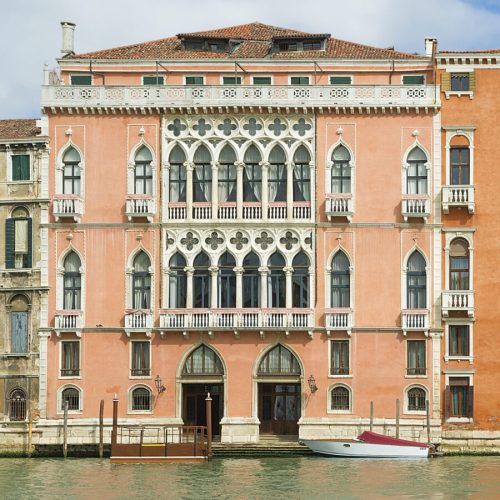
The Breakthrough
Naldo – with the help and guidence of Department of Cultural Heritage, Milan – was capable of recreating the ancient formulas – mainly following up on Vitruvius, Roman Architect’s recipes from over 2000 years ago.
The result is the multiaward-winning ’MGN’ product line of easy-to-use, premixed lime plasters, from unique traditional recipes, using 100% pure certified raw materials. These products stood the test of time for centuries and satisfied even the most extreme needs of architecture.
These ancient recipes – rediscovered and made easy to use – are consistently up to the standards and high expectations, even when used in the World Heritage site of Venice.
We stepped up our game
The core team of Core Conservation, having accumulated a decades worth of experience with modern, heritage and listed buildings in the UK,
decided to adopt certain Roman techniques and become the proud distributor and advocate of these extraordinary products, for the benefit of the invaluable architectural heritage of Britain.
The stress is on constant education and practice: we are tirelessly educating the team in Italy, under the supervision of Mr. Busato.
For a little insight, please see a demonstration of the Ancient Roman Concrete formula, from which the Pantheon and the Colosseum were built.
We are old building enthusiasts, and we’d love to share our knowledge and demonstrate our skills.
Hope, one day we will be able to help You, too
